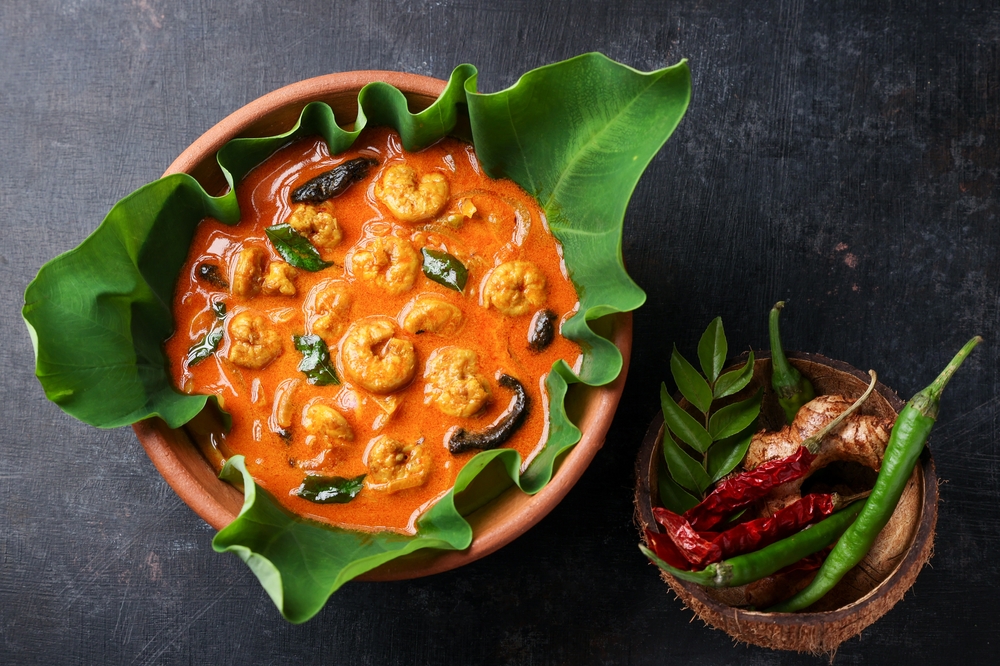Mozambican Prawns: Where Ocean Meets Spice
In the realm of Mozambican culinary treasures, prawns hold a special place. Basking in the country’s extensive coastline’s abundance, these prawns, kissed by the Indian Ocean, come to life with a medley of spices, embodying the rich culinary tapestry of Mozambique.
Seafaring and Spices: The Tale of Mozambican Prawns
The history of Mozambique is intertwined with its coastline, and prawns have been a staple for coastal communities for generations. With the Portuguese influence, these prawns met with flavors like garlic, piri-piri, and citrus, resulting in a dish that resonates with history, culture, and a love for flavors.
Crafting the Ocean’s Bounty: Ingredients and Methodology
The magic of Mozambican prawns lies in their preparation:
- Fresh, large prawns, deveined and cleaned
- Garlic cloves, minced
- Piri-piri chilies, crushed
- Lemon or lime juice
- Coconut milk, for richness
- Chopped coriander (cilantro) for garnish
- Oil for cooking
- Salt and pepper to season
The prawns are marinated in a mixture of garlic, piri-piri, lemon juice, salt, and pepper. After marinating for a few hours, they’re gently sautéed until golden. A splash of coconut milk towards the end ensures a creamy, rich texture, perfectly complementing the prawns’ natural sweetness and the marinade’s heat.
A Dish of Celebrations: Prawns in Mozambican Culture
Prawns aren’t just food in Mozambique; they’re a celebration of the land’s bounty. Be it festivals, family gatherings, or beachside feasts, prawns often feature prominently, symbolizing prosperity, abundance, and the deep connection Mozambique shares with the ocean.
Savoring Mozambican Prawns: Serving Recommendations
These prawns are best enjoyed hot, garnished with fresh coriander. They’re traditionally served with rice, absorbing the rich, spicy coconut sauce. A cold drink, perhaps a Tipo Tinto rum cocktail, complements the meal, balancing the prawns’ heat and making for a quintessential Mozambican feast.

Diving Deeper into Mozambican Prawns: Answering Curiosities
1. Can I use frozen prawns for this dish?
While fresh prawns are ideal, good quality frozen prawns can be used after thawing them properly.
2. What if I can’t handle too much heat?
The beauty of this dish lies in its adaptability. Adjust the piri-piri chilies according to your heat tolerance. A milder version retains the flavors without the intense heat.
3. Can I grill the prawns instead of sautéing?
Absolutely. Grilled prawns, with their smoky undertones, work beautifully with the spicy, tangy marinade.
4. How do I store leftovers?
Leftover prawns can be refrigerated in an airtight container and consumed within 2 days. Reheating is recommended before serving.
5. Can I use this marinade for other seafood?
Definitely. The marinade pairs wonderfully with fish, squid, and other seafood, showcasing the versatility of Mozambican flavors.
From ocean to plate, Mozambican prawns are a testament to the nation’s rich coastal culture. Dive deeper and explore a plethora of Mozambican dishes that celebrate its unique gastronomic heritage.
